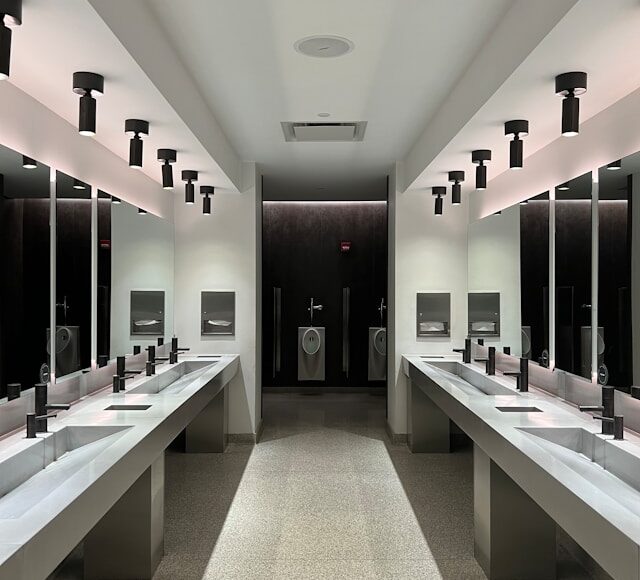Computer Numerical Control (CNC) milling is a key technology that represents accuracy, productivity, and creativity in the field of contemporary manufacturing. In the production of complex components with unmatched accuracy and dependability, CNC milling is essential to the aerospace, automotive, and consumer electronics sectors.
Precision Engineering at its Finest
At the heart of Sydney CNC milling lies its ability to execute complex machining operations with utmost precision. With CNC milling machines, every step of the machining process is rigorously controlled by computer programs, unlike with traditional manual milling where errors can be caused by human mistake. For the production of parts that need to be manufactured with precise measurements, such gears, engine parts, and complex molds for plastic injection, this precision is crucial.
High repeatability in the operation of CNC milling machines guarantees that every component produced consistently meets precise specifications and meets the demanding quality standards required by a variety of industries. This accuracy-related dependability also attests to the sophisticated hardware and software integration that characterizes contemporary CNC systems.

Efficiency Redefined
In production, efficiency involves not just speed but also waste minimization and resource optimization. CNC milling is superior in both areas. CNC mills enhance machine uptime and productivity because they can automate tool changes, modify cutting parameters on the fly, and work continuously for extended periods of time.
Furthermore, the smooth transition from design to production is made possible by the integration of CNC milling machines with CAD (Computer-Aided Design) and CAM (Computer-Aided Manufacturing) software. Engineers are able to design tool paths that minimize cycle durations and maximize material consumption, as well as produce complex 3D models of components and virtual machining processes. This digital workflow improves overall manufacturing efficiency, expedites time-to-market, and streamlines production procedures.
Driving Innovation through Versatility
The adaptability of CNC milling is one of its main features. CNC milling machines are capable of handling a broad variety of materials and part geometries, whether they are machining metals like titanium, steel, or aluminum or working with sophisticated materials like composites and ceramics. Multi-axis capabilities add to this versatility by enabling the machining of complex forms from several angles in a single configuration.

Additionally, cutting-edge technology like artificial intelligence (AI) and the internet of things (IoT) are being incorporated into CNC milling machines more and more. Artificial intelligence algorithms forecast maintenance requirements, improve overall process efficiency, and optimize machining settings in real-time. Through proactive maintenance scheduling and remote machine performance monitoring made possible by IoT connectivity, operational expenses can be decreased and maximum uptime can be guaranteed.
Future Directions
Future developments in CNC milling seem likely to bring forth even more breakthroughs. The manufacturing of complex parts could be revolutionized by Additive Manufacturing (AM) techniques like hybrid machining, which combines 3D printing and CNC milling. This combination enables the production of items with complex geometries and improved material qualities that are not possible with just standard machining.
To sum up, CNC milling is a paradigm shift in manufacturing quality, not merely a technology. Its capacity to supply accuracy, effectiveness, and innovation keeps pushing the frontier of what is conceivable and redefining industry norms. CNC milling stays at the forefront as industries change and the need for specialized, high-quality components increases, guaranteeing that manufacturers can confidently and competently address these challenges.











